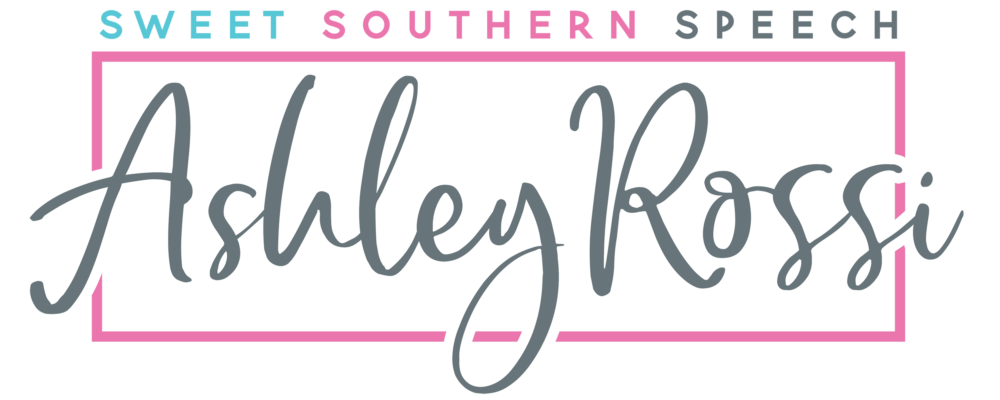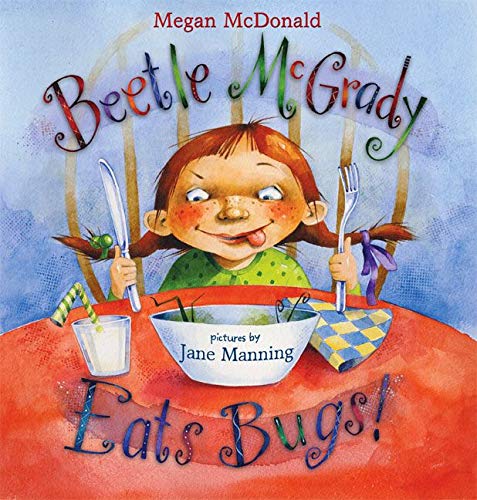Beetle McGrady dreams of being an explorer like Marco Polo or a pioneer like Amelia Earhart. She dreams of being brave and daring, and she will begin by … eating an ant. It’s dare double dare on the school playground, but will Beetle be able to live up to her dreams? Face to face –– or Beetle to ant –– will she be able to bite and chew and … swallow? Gulp! If she does, what will the ant taste like? If she does, will the ant be crunchy or squishy? And if she can’t, does that mean she’s a chicken?
This brave bug-themed book that is great for using in spring or summer can be used in speech therapy to address social/emotional issues like being the best at something. It is also great for noticing character expressions and for targeting mental state verbs as well as for describing and targeting figurative language! Discover more of the speech and language teaching concepts for using Beetle McGrady Eats Bugs! in speech therapy below:



